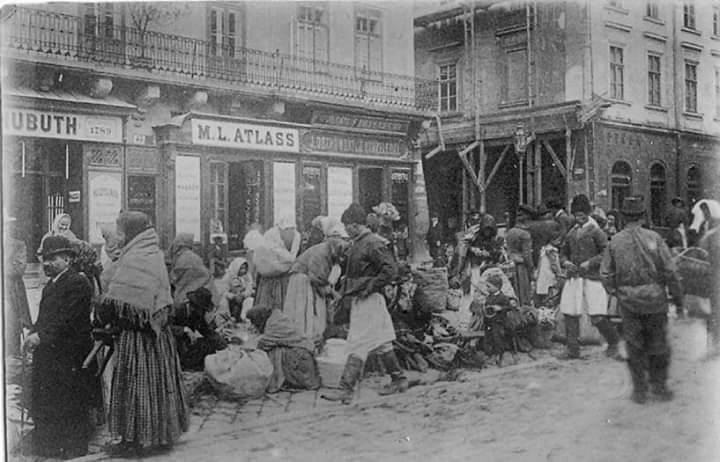Multilingualism in Lviv after 1867 with special reference to the judiciary
Jan Fellerer
University of Oxford, Wolfson CollegeMarch 26, 2012
Center for Urban History, Lviv
Seminar held at the Center for Urban History, where Jan Fellerer, this year's Resident Scholar, presented his research.
Late 19th-century Lviv was an exceptionally polyglot place. Ukrainian, Polish, Yiddish and, to some extent, German were in regular use in speech, with a number of further languages employed in writing. Lviv’s multilingualism implied some day-to-day functioning as speakers of the various languages did inevitably come into direct contact with each other. This is easily forgotten given the ever-growing national tensions in the city since the 1860s. The talk aims at illustrating possible ways of reconstructing the co-existence of various languages in one city. Some judicial records were examined in more detail to see whether they offer a privileged vantage point to understand the workings of multilingualism in Lviv between ca. 1867 and 1914.
Jan Fellerer
graduated in Slavonic Philology from the University of Vienna in 1995. After a few years at the Department of Slavonic Philology at the University of Basel, where he received his doctorate in 1999, Jan Fellerer took up the post of University Lecturer in non-Russian Slavonic Languages at the University of Oxford, Wolfson College. Jan Fellerer’s main research interests lie in the field of Polish, Czech and Ukrainian linguistics and philology with special reference to the modern period from the late 18th century to the present day. He has published widely on Slavonic syntax, aspects of the history of Polish, Czech and Ukrainian, discourse analysis, language contact and historical sociolinguistics, including a book on multilingualism in 19th-century Galicia and an edited volume on discourses of resistance in the late Habsburg Monarchy.
Information partner:
